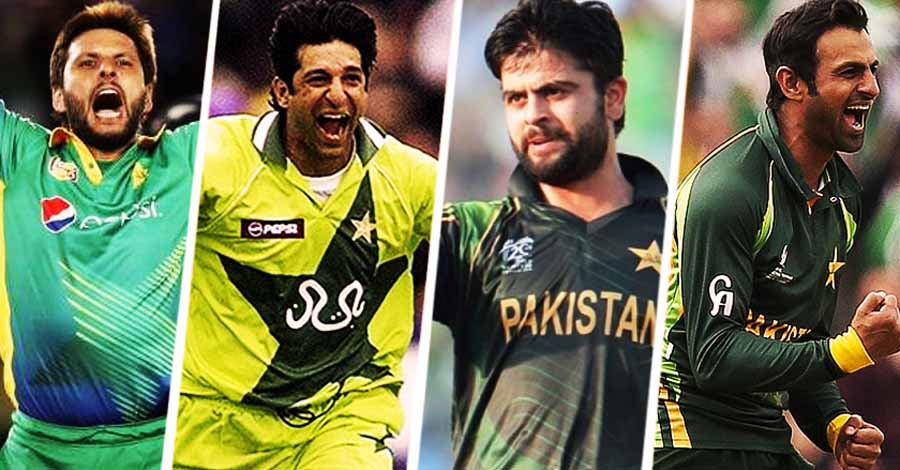The FIFA World Cup, often referred to as the “greatest show on Earth,” is a quadrennial event that unites the world through the love of soccer, or football as it’s known outside of North America. Since its inception in 1930, the tournament has evolved into a grand spectacle that captivates billions of fans worldwide. In this article, we will review the FIFA World Cup, exploring its history, impact, memorable moments, and the enduring legacy it leaves with each edition.
History and Evolution
The idea of a global soccer tournament was born in the early 20th century, with the first FIFA World Cup taking place in Uruguay in 1930. Thirteen teams participated, and Uruguay emerged as the inaugural champions. Over the decades, the tournament expanded both in the number of teams and its global reach.
The FIFA World Cup has witnessed remarkable moments and milestones, such as Pele’s emergence as a teenage sensation in 1958, Diego Maradona’s “Hand of God” and “Goal of the Century” in 1986, and the rise of Lionel Messi and Cristiano Ronaldo as modern legends.
Global Impact
The World Cup transcends sports; it’s a cultural phenomenon. It unites nations, promotes unity, and celebrates diversity. It fosters national pride and instills a sense of belonging among fans. The tournament has the power to pause conflicts and bring adversaries together, if only temporarily, in the spirit of competition.
Economically, the World Cup generates substantial revenue for host nations through tourism, infrastructure development, and sponsorships. It also boosts the global sports industry, as it’s one of the most-watched events, attracting advertisers and sponsors from around the world.
Memorable Moments
The FIFA World Cup has delivered countless memorable moments etched in the hearts of fans:
1. The Miracle of Bern (1954): West Germany’s unexpected victory over Hungary in the final, known as the “Miracle of Bern,” marked a significant post-war moment in German history.
2. England’s Triumph (1966): England’s home victory in 1966 remains their only World Cup win, with Geoff Hurst’s iconic hat-trick in the final against West Germany.
3. Brazil’s Joga Bonito (1970): Brazil’s 1970 team, featuring Pele, showcased the beauty of attacking football and clinched their third World Cup title.
4. Maradona’s Masterclass (1986): Diego Maradona’s extraordinary dribble and goal against England in 1986 is considered one of the greatest moments in World Cup history.
5. France’s Glory (1998): France won their first World Cup as hosts in 1998, led by Zinedine Zidane, and their victory united a diverse nation.
6. South Africa’s Unity (2010): South Africa’s hosting of the World Cup symbolized a new era for the nation, breaking down racial barriers and promoting inclusivity.
Legacy and Future
Each FIFA World Cup leaves a lasting legacy. Host cities benefit from improved infrastructure and facilities. Young talents are discovered, and nations gain valuable international exposure. The tournament also drives soccer’s growth in regions where it was previously less popular.
The FIFA World Cup continues to evolve, with new formats, technologies, and fan engagement strategies. It remains an event that captures the imagination of fans of all ages, showcasing the universality of the beautiful game.
Conclusion
The FIFA World Cup is not just a soccer tournament; it’s a global celebration that transcends boundaries, languages, and cultures. It embodies the essence of competition, camaraderie, and the pursuit of excellence. With each edition, it weaves new chapters into the rich tapestry of its history, leaving indelible memories and forging a legacy that will endure for generations to come. As fans eagerly await each tournament, they know that the World Cup will continue to unite the world in the name of the sport they love.





